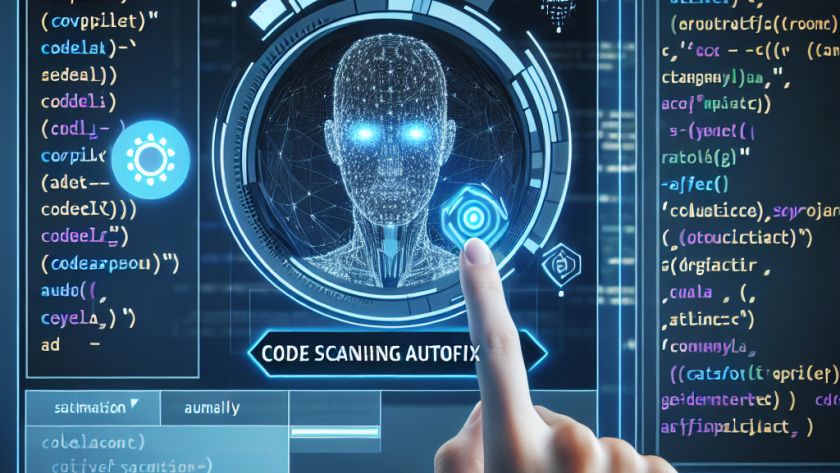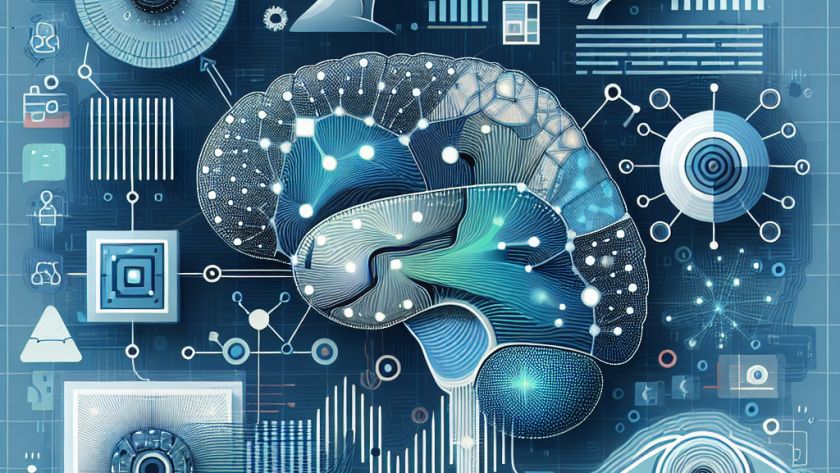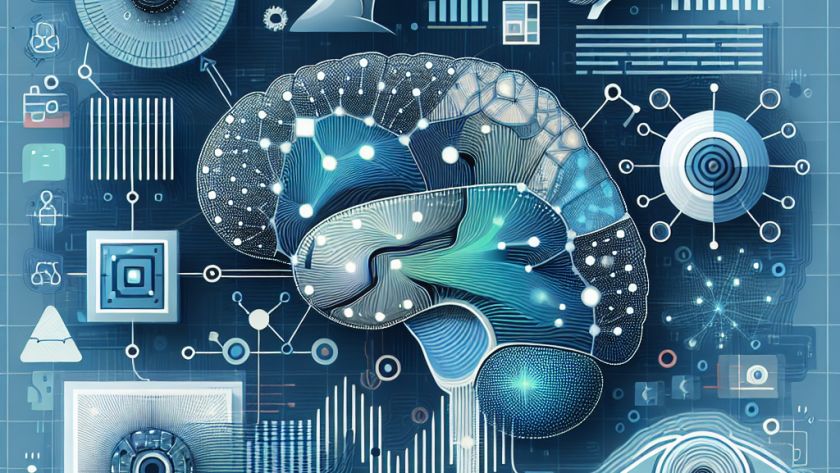GitHub has introduced a new public beta feature named "code scanning autofix" for their Advanced Security customers. Powered by GitHub Copilot and CodeQL, the tool is designed to assist developers in rectifying vulnerabilities in a swift and simple manner, tackling the process of application security debt.
Code scanning autofix can support over 90% of alert types…












